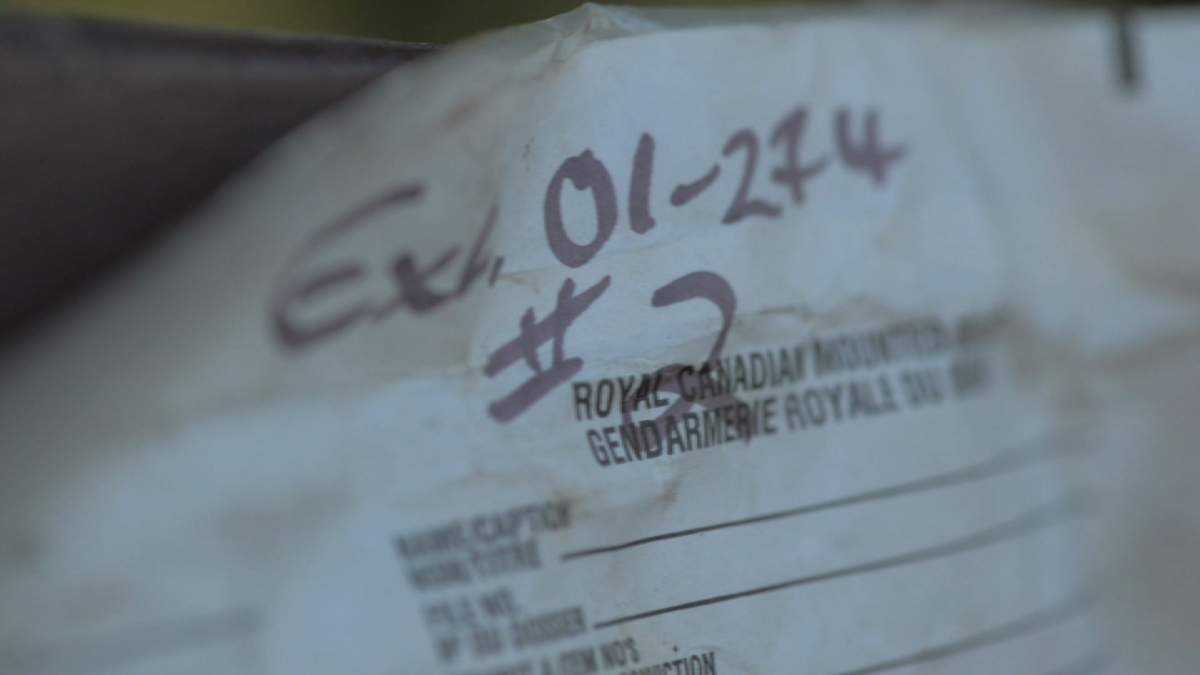RCMP Forensic Lab Services have been struggling to keep up with demand for speedy forensic work for more than a decade.

READ MORE: Justice Delayed – Forensic evidence left in limbo
2000: Auditor General reports on issues regarding governance, funding and timeliness of National Police Services and recommends that the government reach agreements with all partners on required services, funding arrangements, structure and accountability.
2004: Auditor General recommends that the RCMP find and implement a solution to deal with its fingerprint backlog. It noted a backlog in the RCMP’s updating of individuals’ criminal record information.
2005: Gord McLeod and Dave Hepworth, lab manager and assistant lab manager of the RCMP’s Regina lab notice delays in evidence processing at the forensic lab. They write and present a report in front of the House of Commons Justice Committee.
2007: Auditor General’s report finds that the RCMP Forensic Lab Services did not meet its own turnaround targets for processing requests that it set out in the early 2000s.

Get breaking National news
99% of routine requests were not completed in the target 30 day turnaround time.
DNA analysis went from 91 days in 2004 to 114 days in 2005-6 despite increased funding and resources.
2011: Auditor General follows up to assess progress made on commitments RCMP made from 2000, 2004 and 2007 audits. Report finds federal government and RCMP have made unsatisfactory progress on commitments made to the Auditor General’s earlier recommendations. Report also said that because of financial pressures, RCMP was having a hard time delivering national police services and also fulfilling other obligations. Average lab processing time has gone from 66.1 working days in 2007 to 73.9 in 2008 and 57.5 in 2009 and in 2010 has fallen to 37.5 working days. Auditor General warns that the RCMP can barely keep up with the demand.
2012: The Federal government asks the RCMP to submit proposals to reduce its budget from 5-10%.
Public Safety Canada commissions a report, “A Feasible and Sustainable Model for Forensic Service Delivery in Canada” written by Dr. C N Maguire from Northumbria University Centre for Forensic Science.
RCMP announces it will save approximately $3.5 million annually by closing three of its six forensic labs in what it calls a “consolidation” of its forensic lab services. Labs in Regina, Winnipeg and Halifax will close, while Ottawa, Vancouver and Edmonton will remain open.
Chief Superintendant, Reg Trudel is the director general of RCMP Forensic Services. He told 16×9, “We could have taken a very simplistic solution to reduce all the labs that we have by 10% which clearly would have been a reduction in service. One of the proposals we put forward was to consolidate the 6 labs into 3 labs…3 labs for closure, consolidation that were identified we identified having a client’s best interest in mind.”
2013: University of Fraser Valley publishes a report, “A Review of DNA Lab Requests from Municipal Departments and RCMP Detachments in the Lower Mainland of British Columbia (2006-2011). Report is prepared for the Research and Statistics Division of the Department of Justice Canada. Findings state that it has taken the RCMP National Forensic Services Laboratory in Vancouver, B.C. between 116 and 126 days to deliver results of forensic testing to an investigator.
March 2015: Expected date for completion of the RCMP’s forensic lab consolidation.
Don’t miss 16X9 this Saturday at 7pm.







Comments
Comments closed.
Due to the sensitive and/or legal subject matter of some of the content on globalnews.ca, we reserve the ability to disable comments from time to time.
Please see our Commenting Policy for more.